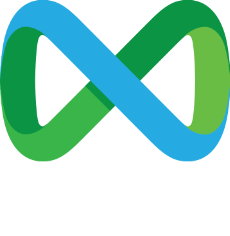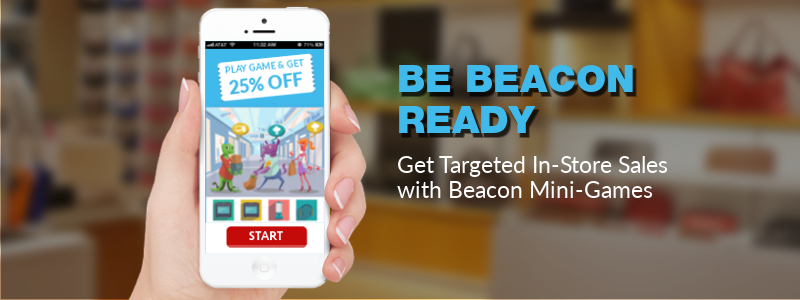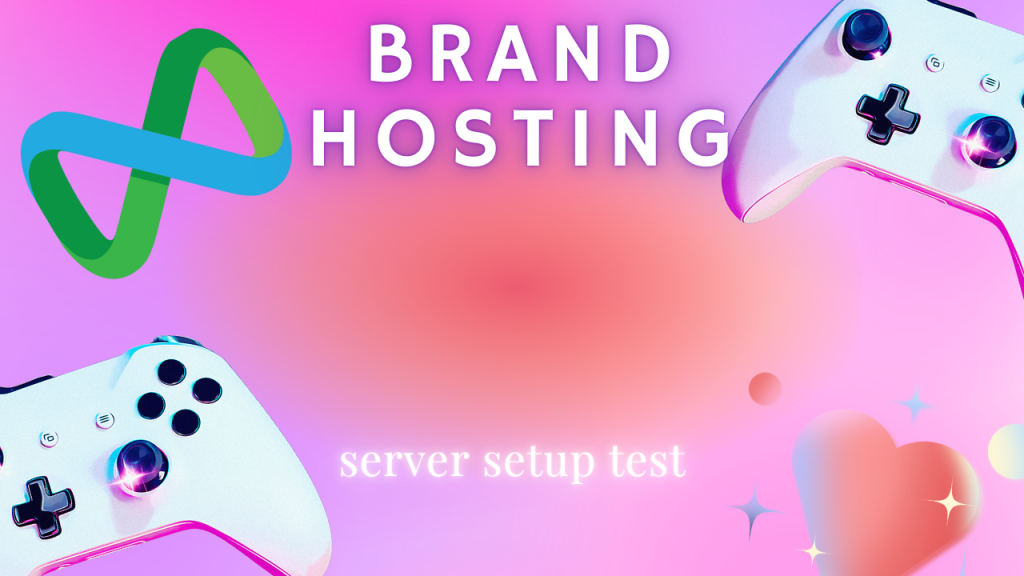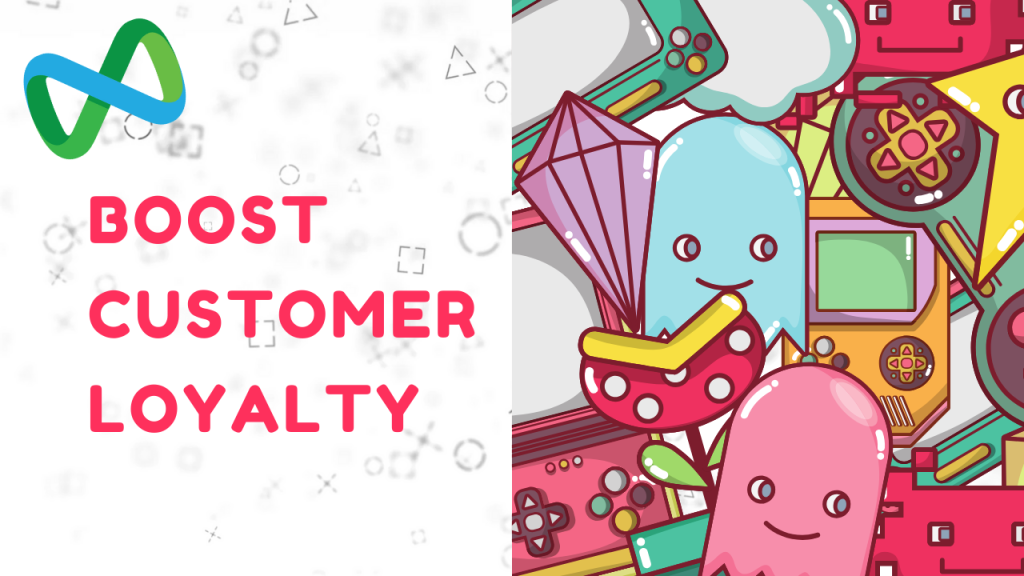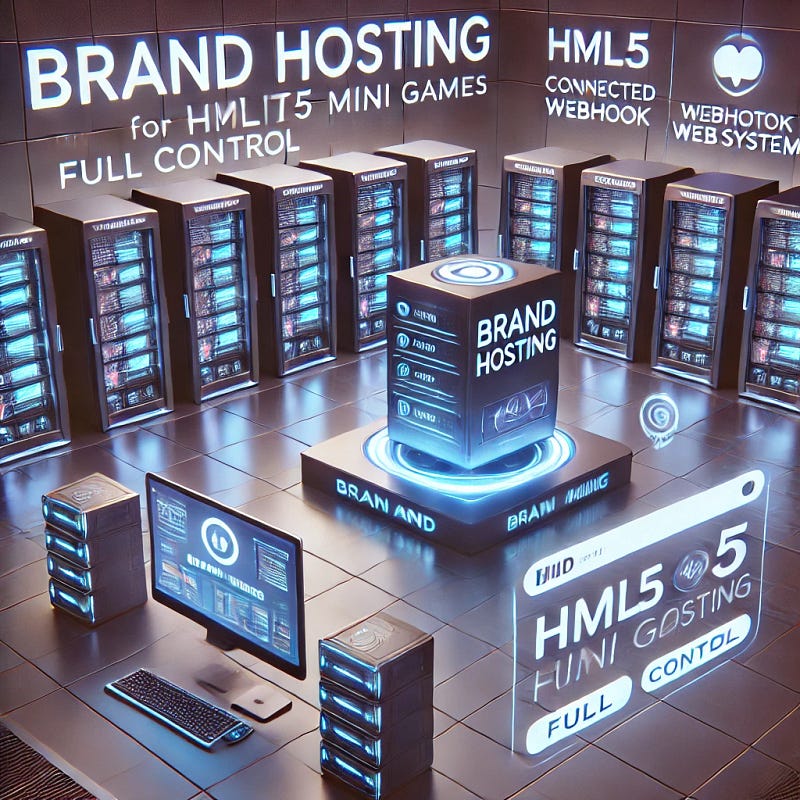Branded Games, Mobile Games, September 13, 2016

Some years ago a new trend started in local marketing to attract customers: the use of a novel technology called “beacons”. At the time, beacons did not push through as fast as proponents of the technology predicted.
Previously, offline media was often driving customers to online stores. Now we are witnessing the flip side of this, namely the fact that online media can drive customers to the physical stores, wake up Beacons, bring customers into the physical store, where they make their purchases and can be retargeted with other messages on their way out of the stores.
What are beacons?
Beacons are battery powered transmitters, roughly the size of a computer mouse. They emit a bluetooth signal that can be received by mobile devices over a short distance.
Who uses beacons?
Beacons are used by shops and retail businesses, franchise companies and chains of companies. At the Point of Sale those companies can place the beacons in convenient locations to address passing customers via their smartphone, attracting new customers and pointing existing customers to new products and special offers.

Image source: By Jonathan Nalder from Kilcoy, Australia, via Wikimedia Commons
Potential customers receive a custom push message if they download an app or subscribe to a push service — the app does not have to be open on the device.
The beacon sends relevant messages to shoppers’ smartphones with the goal of driving traffic and sales, and improving their shopping experience. The push information encourages customers to visit other areas of a store with offers, or shows how to locate new articles and products.
The bluetooth signal from the smartphone to the beacon can also communicate to a previously stored customer profile.
A shopper normally receives a voucher, which he/she can redeem right in the store. But it is not only discount offers or sales campaigns that make beacons attractive to shops and companies; Besides coupons and vouchers there is exclusive information or an entire indoor navigation that can create a user experience that perfectly matches with a world where nearly everybody uses a smartphone.
IKEA Austria uses beacon technology to attract shoppers in their stores: by sending notifications such as “Time for a break! With a free coffee for IKEA FAMILY members!” IKEA wants to offer an innovative concept of a shopping assistant. IKEA focused on added value and an improved customer experience for their shoppers in the store.
Macy’s USA used a beacon-triggered mobile app game to engage their customers. Shoppers received push notifications triggered by their proximity to beacons placed throughout the stores. These notifications encouraged them to participate in an engaging digital experience with a chance to instantly win $1 million Macy’s gift codes and other prizes. This example shows how Macy’s succeeded in conveying their simple message by linking it to a game thus increasing customer engagement for their brand.
Like the games at Macy’s, M-BIZ Global is able to provide a fully functional gaming solution for beacons in only four weeks time. With games that raise brand awareness and improve the marketing and sales performance it is not only an innovative and exciting way of communicating with customers but also improves the overall performance of companies and brands connecting online platforms with the offline world.
Push notifications have become a standard when it comes to news or messenger apps. So it is familiar form of communication from a customer’s view and obvious that marketers are trying to use this technology to achieve their goals. A recent study by Unicast show that 50% of marketers in major consumer-facing sectors are already using some form of proximity marketing. 94% of those had beacons as part of their mix.
As one of the biggest players in the digital industry Google has developed Eddystone in 2015 — a beacon platform that supports an open-source beacon language for Android and iOS. Or as the Google marketing blog puts it:
“Location-based marketing and proximity marketing with beacons are projected to grow exponentially in the next few years. To stay ahead of the curve, brands should invest in the beacon infrastructure that will enable consumer devices to work best within their stores.“
Known for being a key player in the mobile gaming industry, M-BIZ Global launched Beacon Mini-Games, connecting push notifications with their mini-games, engaging customers online with brands, and giving them rewards and vouchers that they can redeem in physical stores and at other points of sale, thus increasing sales and revenue.
Beacon Mini-Games help enhance user experience just a distance away — bringing emotion to brand awareness!

